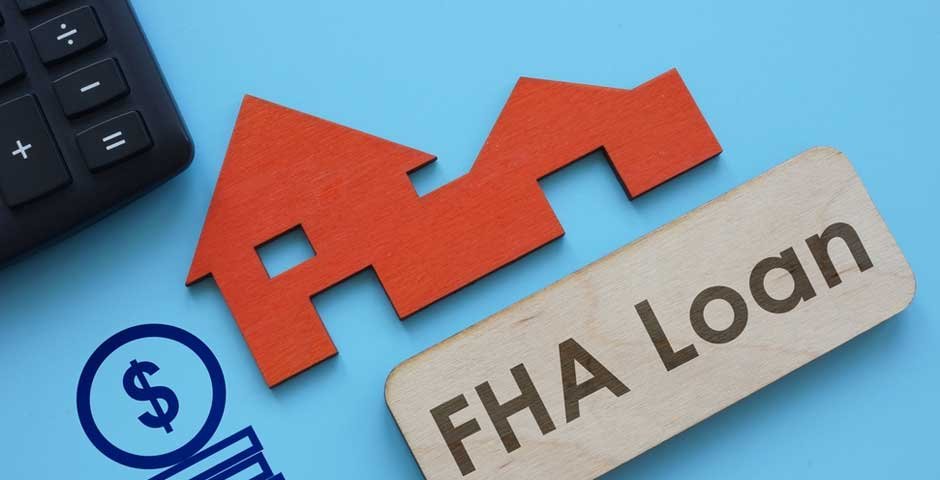Buying your own home is one of the most common goals for all Americans, who see having their own property as the ticket to financial and physical security. Owning a home allows you to build equity and improve your credit over time, much unlike renting; rent payments do not go on your credit score, and they also do not enable you to take advantage of rising property values.
However, many Americans do not have a good enough credit score to qualify for great mortgage rates. The lower your score, the higher of interest that you’ll be charged: for example, if you have a credit score of 760 or higher, you’ll get a 6.1% interest rate, while those with the bare minimum credit score to qualify, a 620, will pay an eye-watering 7.7% right now.
All this may get you dispirited about purchasing a home, but don’t despair: you have another option, which is an FHA loan. Today, we’ll discuss this government-insured type of mortgage, then explain how working with a mortgage broker like District Lending can help you save even more on this specific type of loan.
FHA loans help encourage lenders to issue mortgages to those with lower credit scores
An FHA loan is insured by the Federal Housing Administration, a subdivision of the US Department of Housing and Urban Development. This loan isn’t issued by the government; rather, it’s guaranteed by the government, so if the borrower fails to make their payment, the lender won’t lose money. FHA loans are issued by a group of lenders that have been chosen by the Federal Housing Administration to participate in the program.
This program is designed to ensure that borrowers with lower credit scores or who don’t have enough money for a large down payment can still access mortgages. The FHA will work with borrowers who have credit scores as low as 500, though they will have more stipulations on their loan than those with a score of 580 or higher.
The requirements for these loans are more lenient, but there are some drawbacks
For FHA program borrowers with a credit score of 580 or higher, they will only have to pay a 3.5% down payment, which is far lower than the typical 20% expected by a conventional mortgage lender. Those who have scores between 500 and 579 have to provide a 10% down payment, but this is still a much lower requirement than 20%. Furthermore, all borrowers have to have a debt-to-income ratio of 43% or lower, which is similar to the requirement of a conventional loan; this means that borrowers need to be paying no more than 43% a month to satisfy their debts. The home should also be the borrower’s primary residence, and they should have a steady source of income.
This is wonderful for borrowers with low credit or not enough for a down payment, but there is one downside, which is that the program requires borrowers to pay a Mortgage Insurance Premium. This insurance helps to protect the lender in case the borrower defaults on the loan, and it is usually rolled into the monthly mortgage payment. The larger the down payment and the shorter the loan, the smaller the MIP will be. If an FHA borrower pays more than a 10% down payment, they will have a much lower MIP than someone who pays only a 3.5% down payment.
A qualified mortgage broker can help walk you through the process of applying for a FHA loan
If you’ve been working hard on your financial health and feel you’re ready to apply for a FHA-backed mortgage, you should reach out to a mortgage broker, who can help you find the best deals within the pool of lenders contracted with the Federal Housing Administration. It’s easy to think that you’re just bound to work with the first lender you can find that provides FHA loans, but this certainly isn’t true: you have numerous options, and you should explore each one based on your specific financial situation.
A mortgage broker can fully explain the FHA loan process and get you prepared to apply by seeking pre-approval. They’ll comb through the available lenders based on the information you’ve provided and hunt down a lender that can give you the very best rate possible based on your current financial situation. Better yet, they may also be able to help you find other helpful programs in your area that can assist you in qualifying for a mortgage.
Mortgage brokers are there to help you, and they take the time to get to know your particular situation; unlike banks, they won’t treat you as just another number, but as someone who has a unique background and specific needs. It’s clear that if you’re ready to explore FHA loans, you should seek the advice of a qualified mortgage broker, who can guide you every step of the way.






